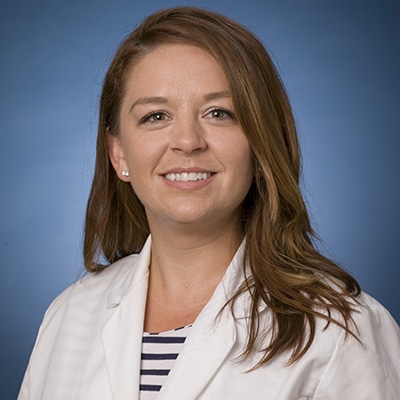
 Though stories of death or severe complications from COVID-19 are dominating headlines, untold numbers of Americans experience only mild to moderate symptoms and recuperate at home without medical treatment. And while symptoms may only be mild, they can still be very uncomfortable.
Though stories of death or severe complications from COVID-19 are dominating headlines, untold numbers of Americans experience only mild to moderate symptoms and recuperate at home without medical treatment. And while symptoms may only be mild, they can still be very uncomfortable.
This discomfort coupled with fear that the disease may worsen or infect loved ones has led some to pursue treatment by unproven or untested drugs, a move that experts say can have unexpected—even deadly—consequences.
The most common of these drugs is chloroquine and hydroxychloroquine, which are used to treat malaria, lupus and rheumatoid arthritis. Early anecdotal studies show that it’s use may also relieve the acute respiratory symptoms of COVID-19 and also clear the virus from infected patients, leading the FDA to give emergency approval on a plan by the Trump administration to distribute millions of doses to hospitals around the country. Some physicians fear this could lead to a shortage of the drug for those that need it to treat other chronic illnesses. Or worse, that some might try to take a loved one’s medication without fully understanding the potentially negative side effects. Even more worryingly, some people have sought out the active ingredient, which can be found in fish tank cleaner, leading to the death of an Arizona man.
Though chloroquine is showing some early, promising results in treating COVID-19, it is by no means a magic cure-all. The side effects can be quite serious, which is why it should only be taken under the advice of a physician.
Those side effects include nausea, blurry vision, and interruptions to heart rhythm. For patients with existing heart conditions, or those who take other common medications such as some anti-depressants, these side effects can prove deadly.
As with any prescription medication, these drugs should only be taken by the person it is prescribed to, and for its intended purpose. For those with mild symptoms, taking these medications is not likely to lessen the severity of COVID-19 or shorten its duration, and it could cause unintended side effects.
Instead, physicians recommend following the treatment guidelines set forth by the Centers for Disease Control, which includes calling your doctor if you suspect you may have the virus, and staying home away from other members of the household until symptoms have abated and you have been fever-free for at least 72 hours. Seek medical attention if you develop emergency symptoms including trouble breathing and persistent pain or pressure in the chest.
There’s no question that COVID-19 is a deadly disease and should be taken very seriously, but we want to reassure people that the vast majority of those who contract it will recover without medical attention. Taking medication not prescribed to you can do more harm than good.









